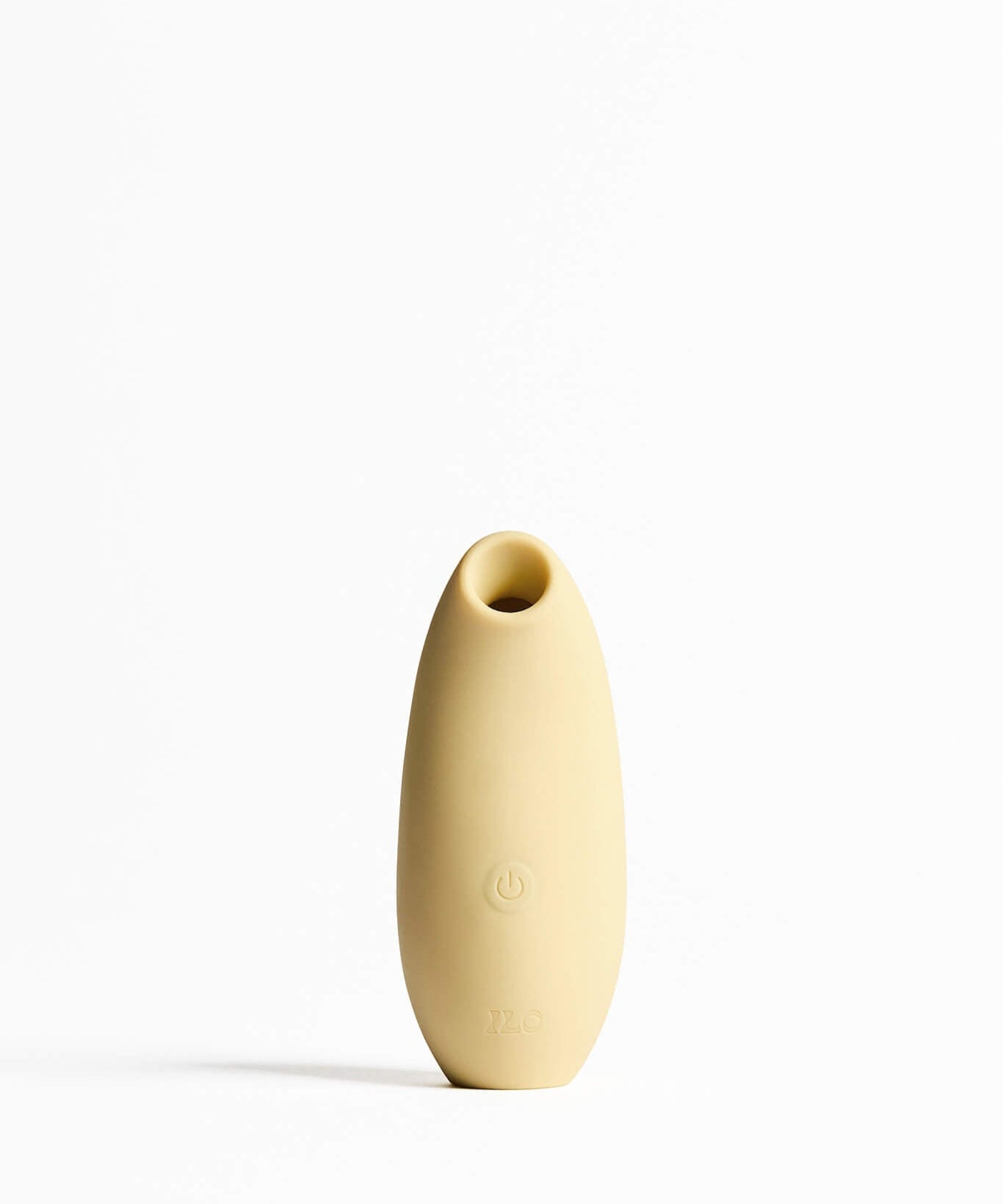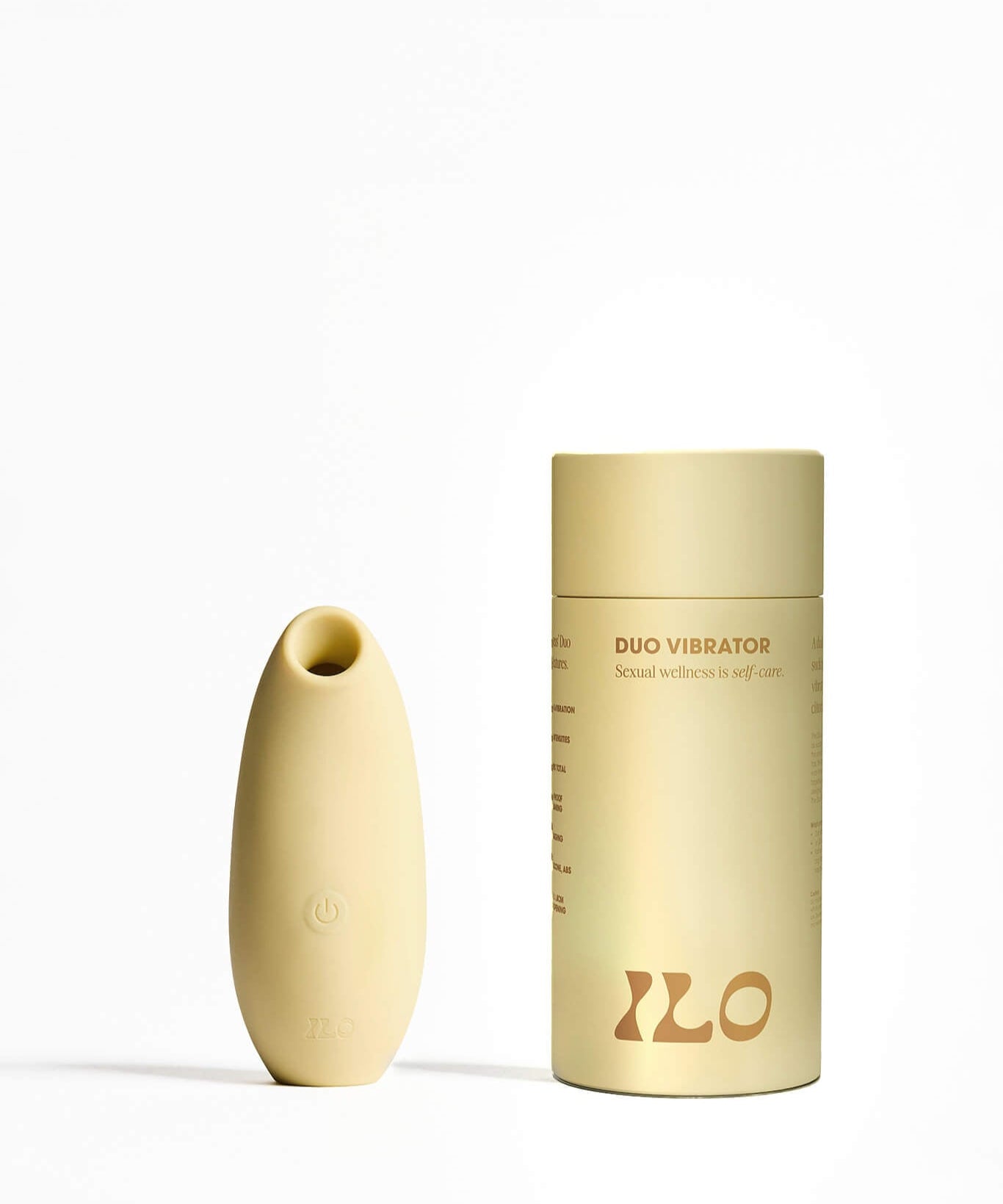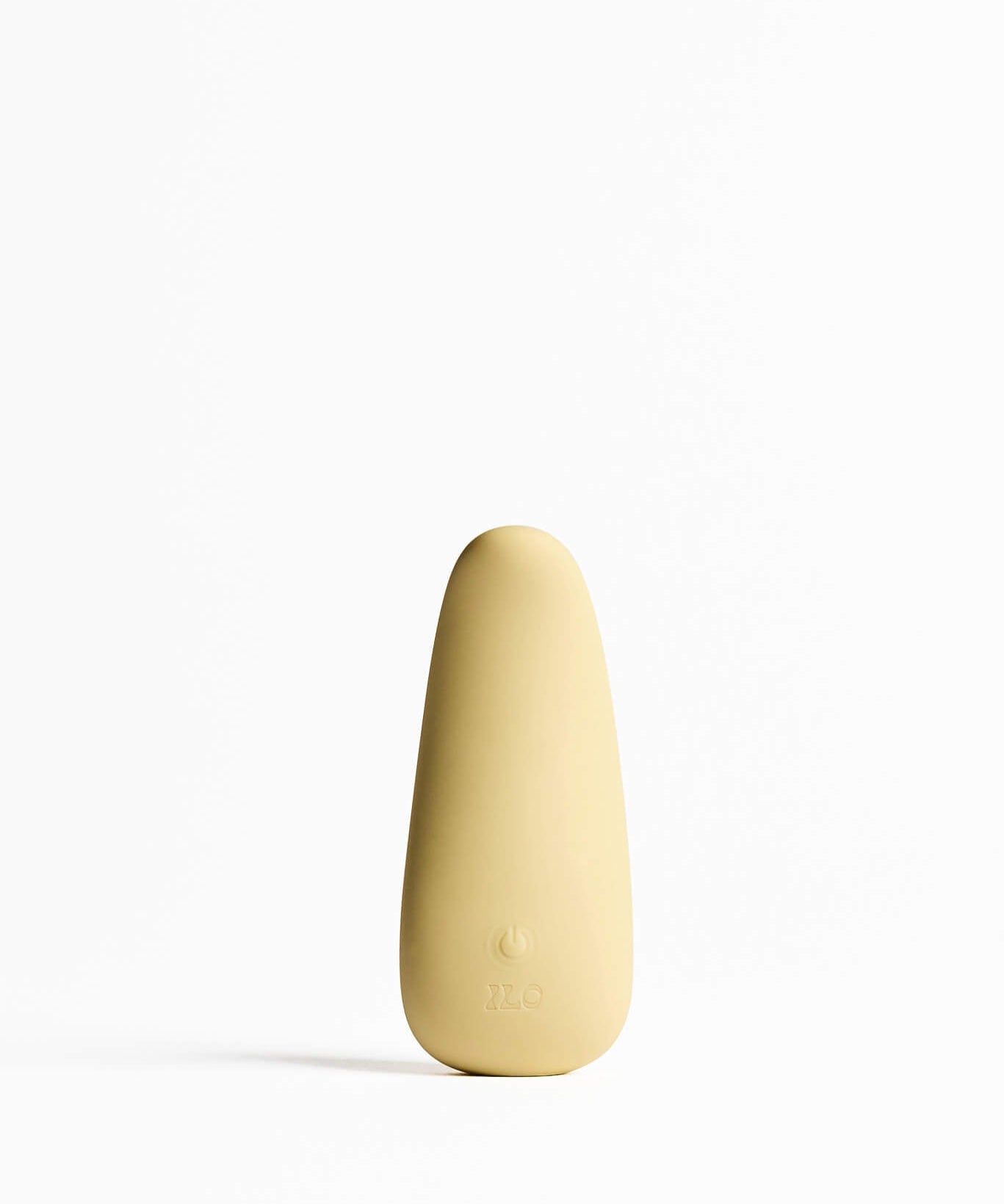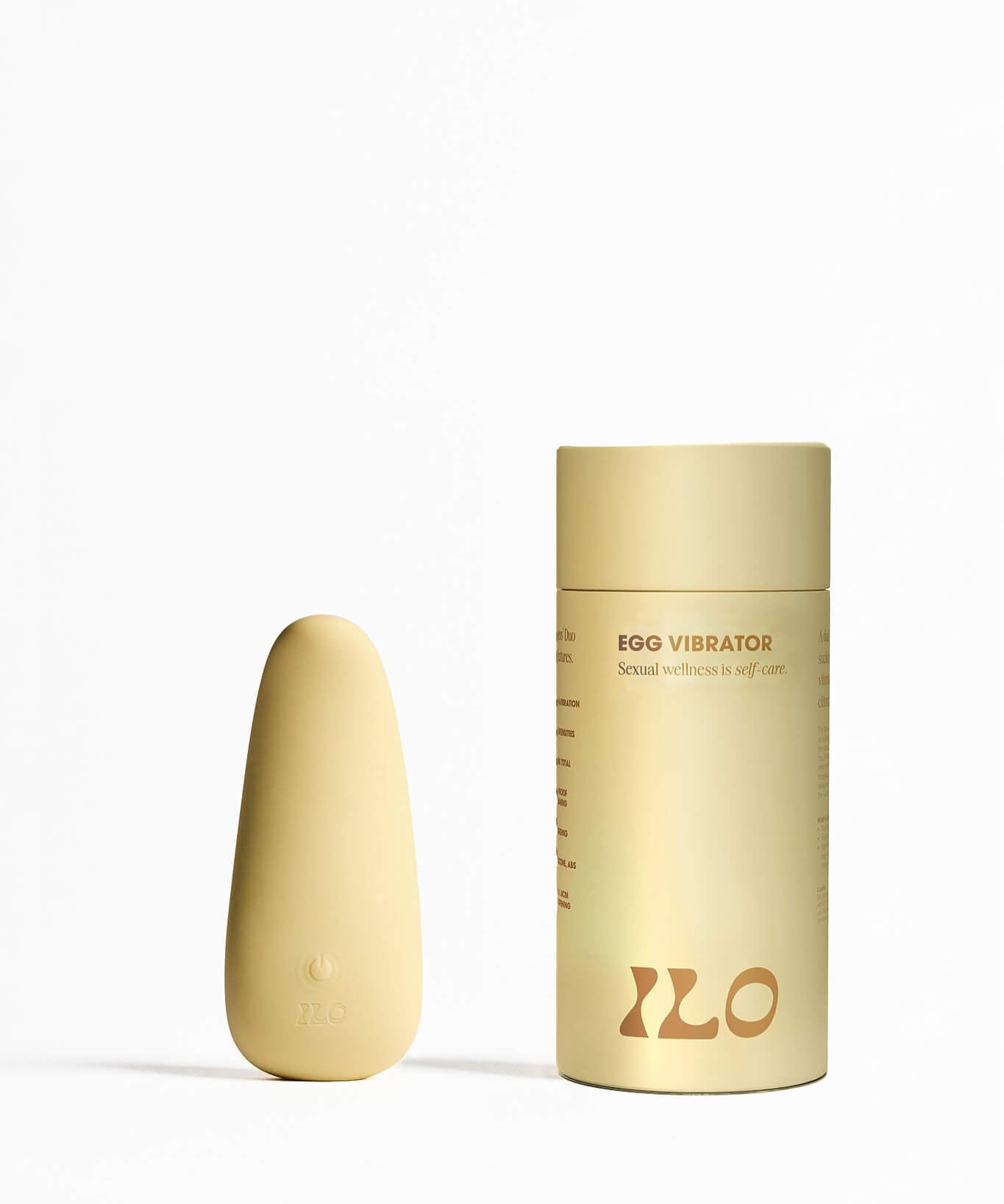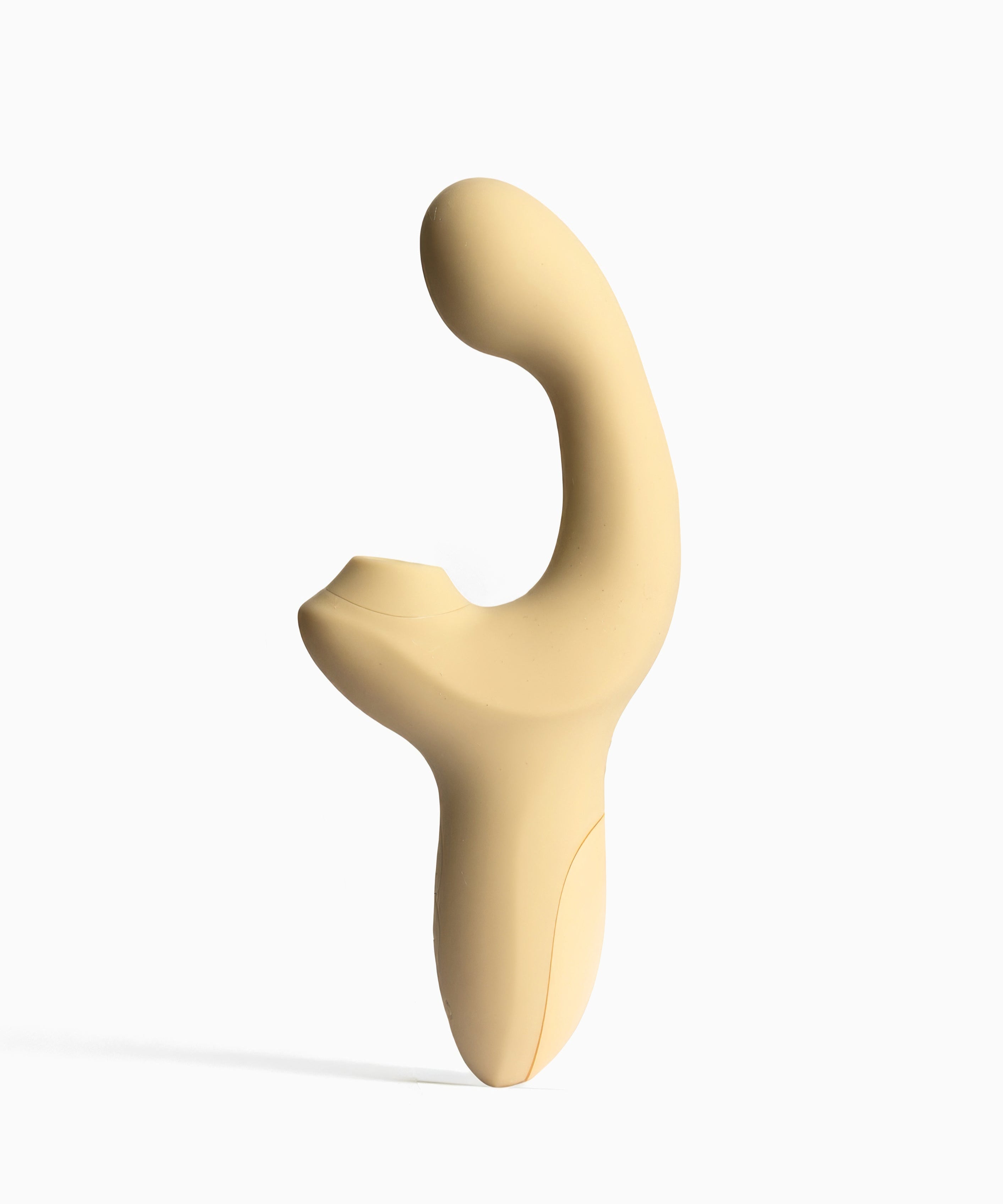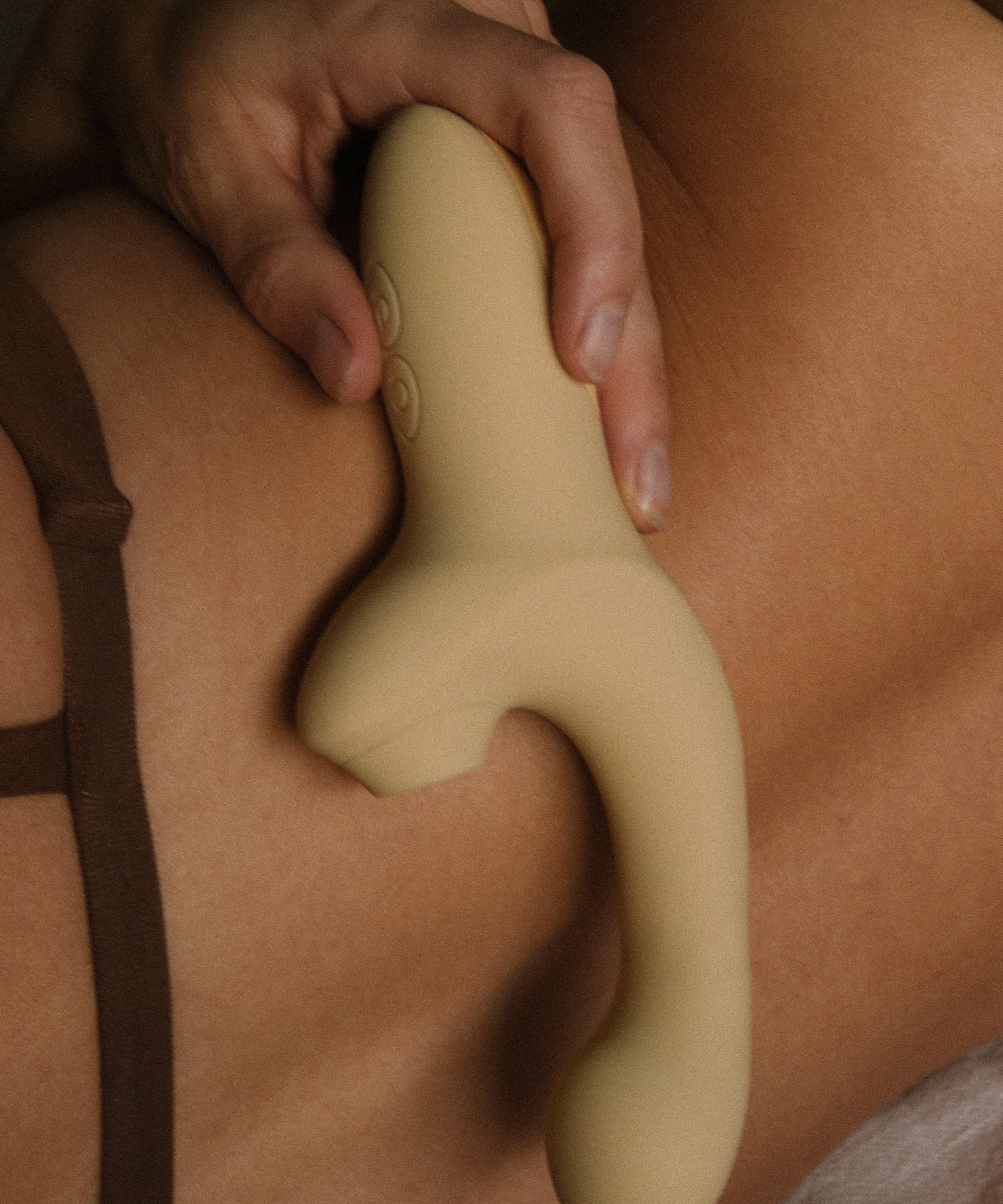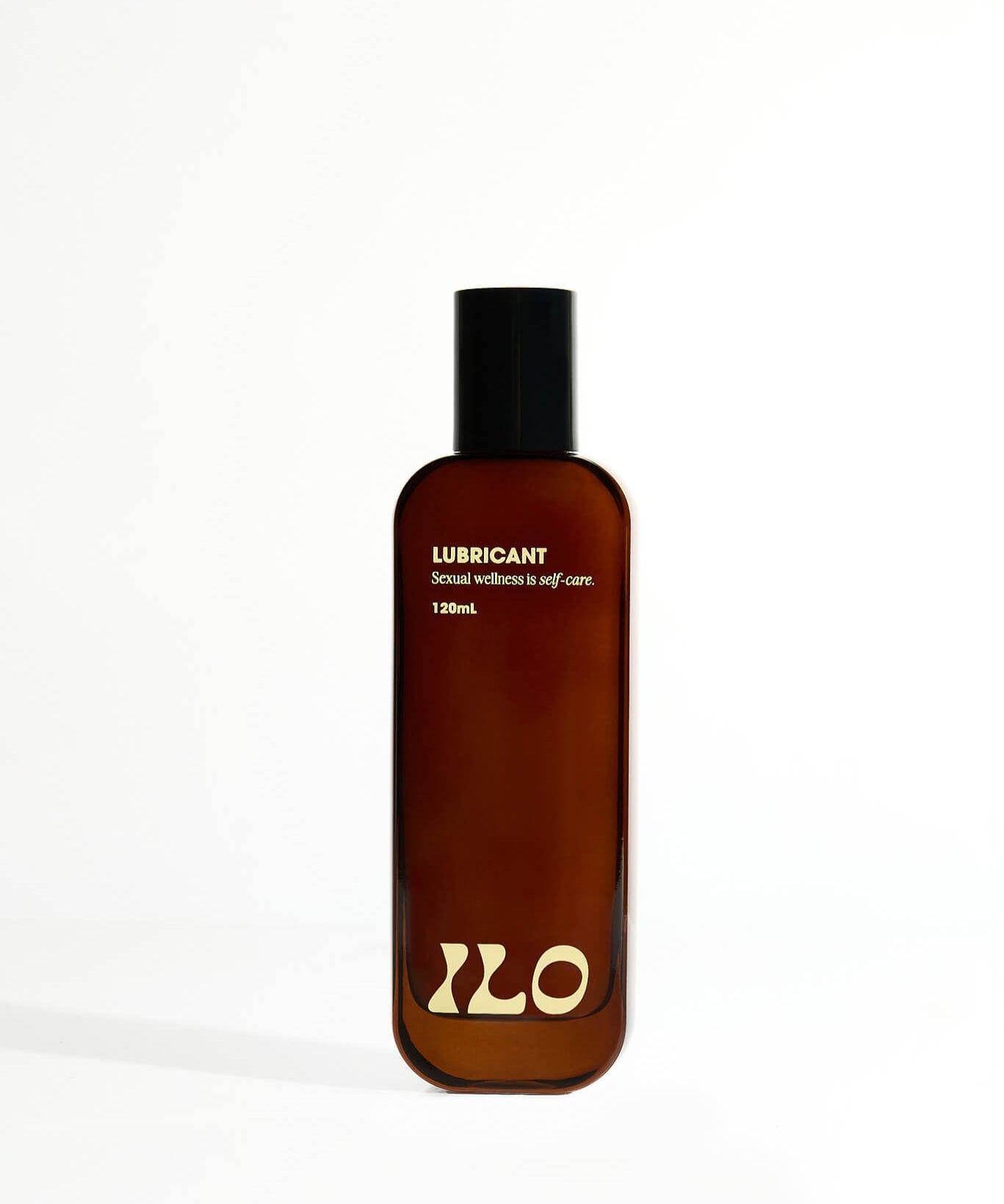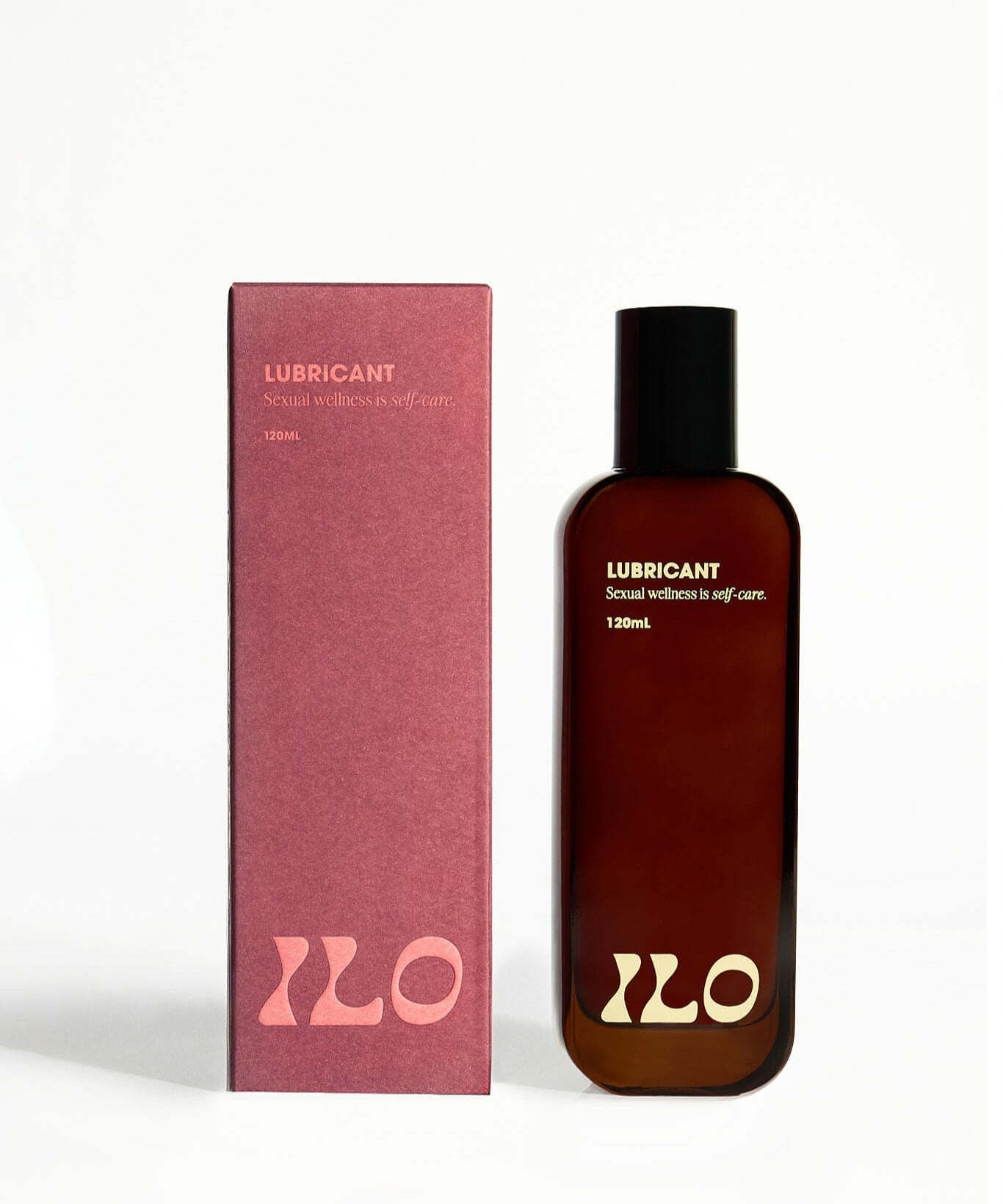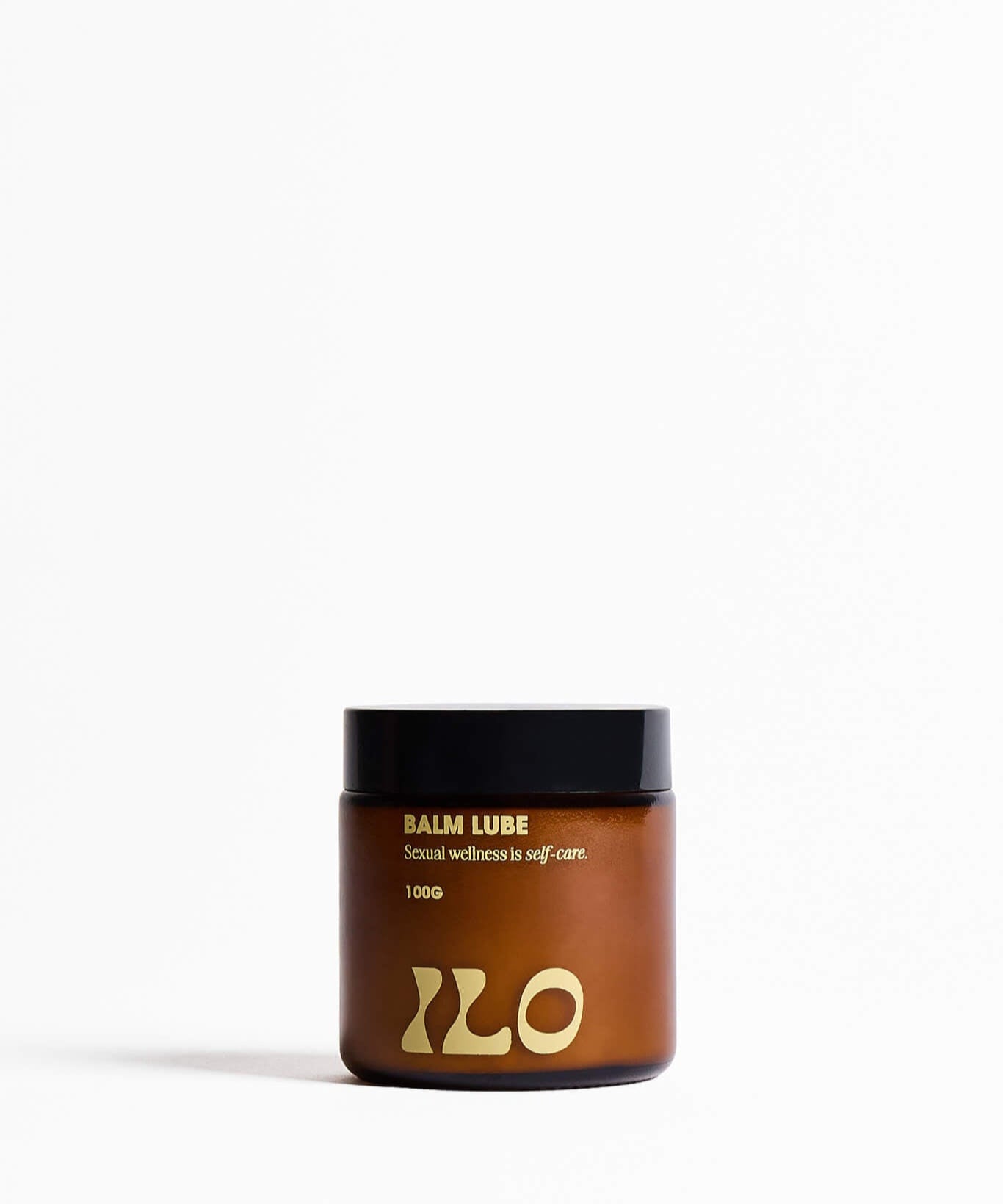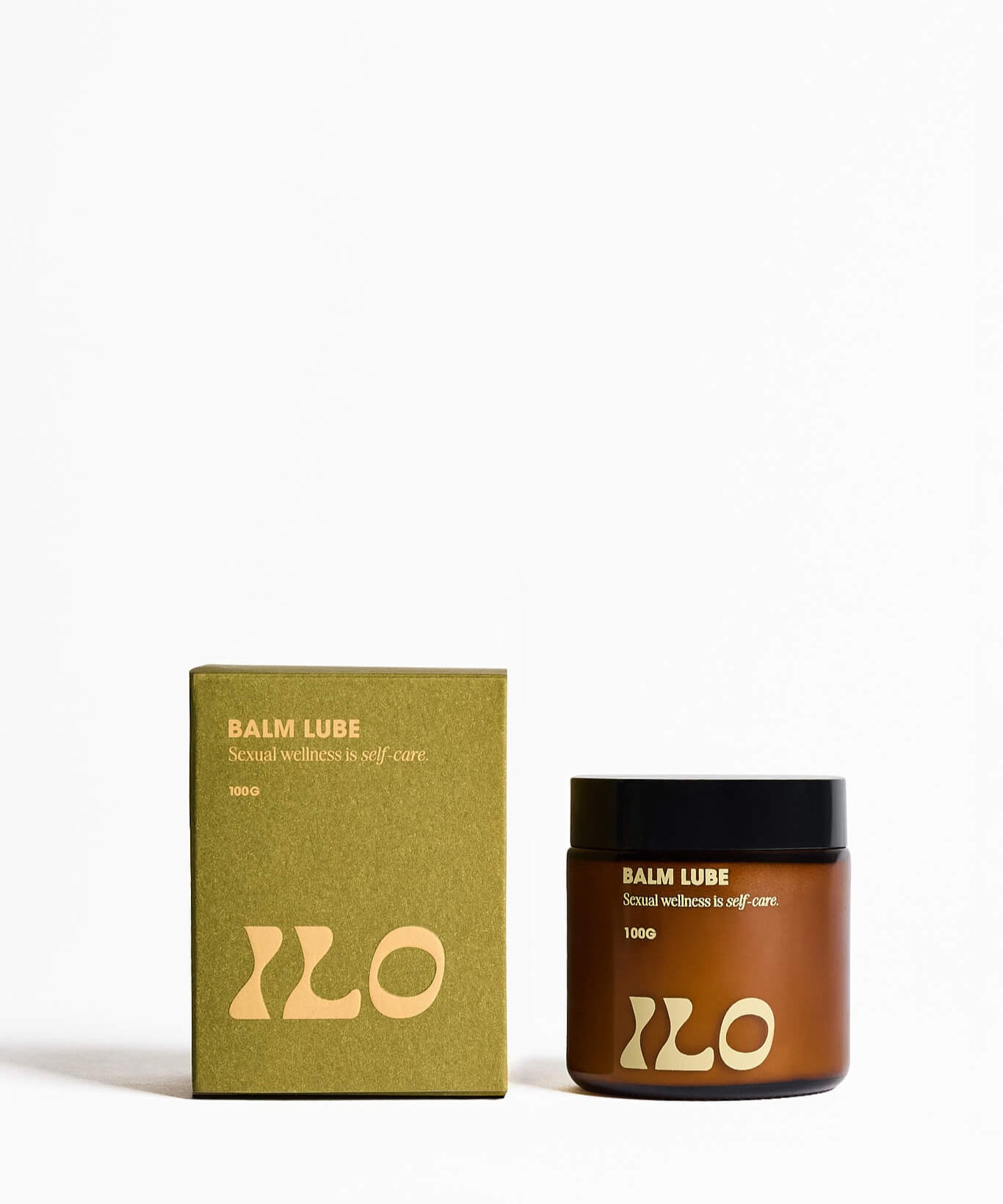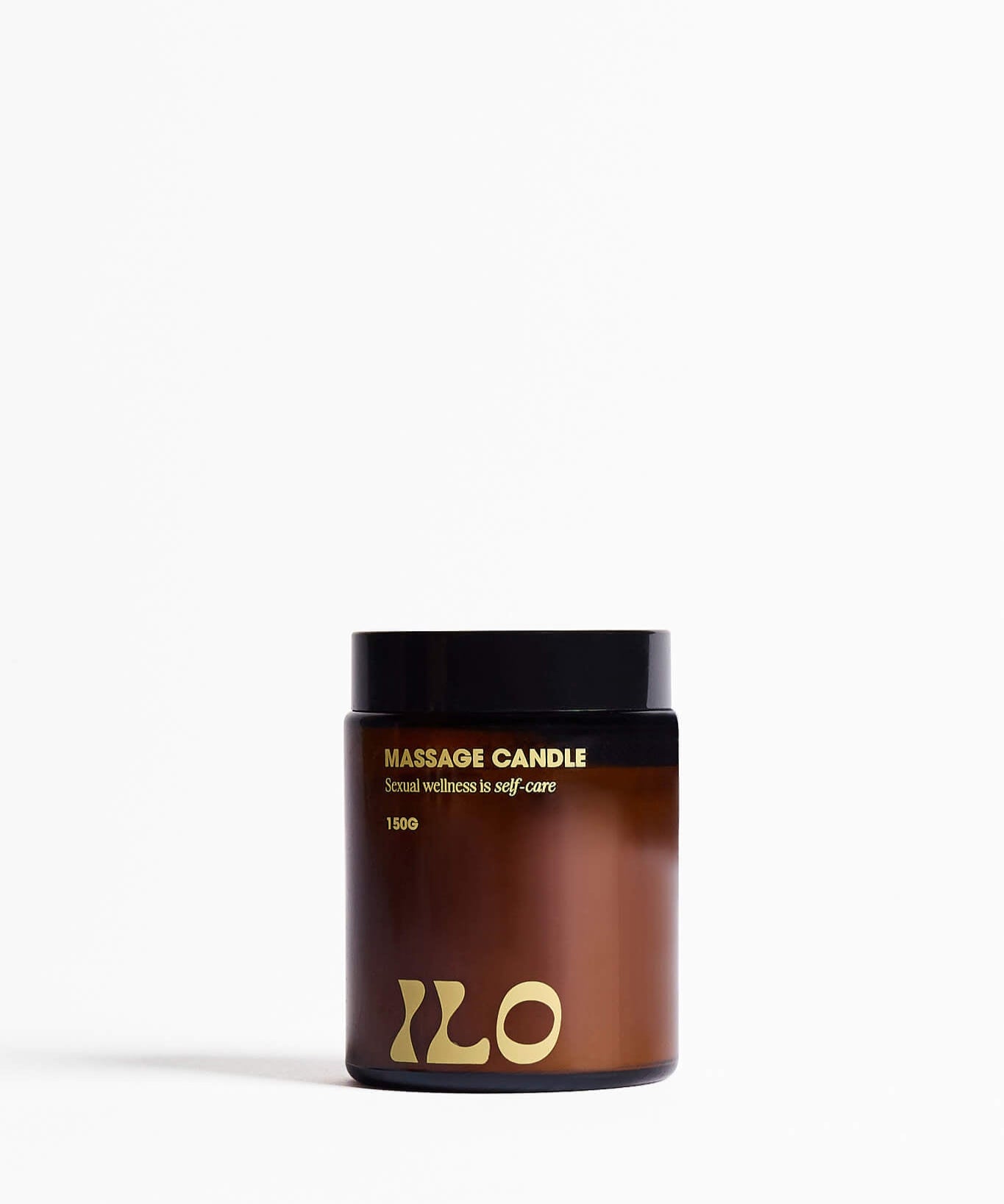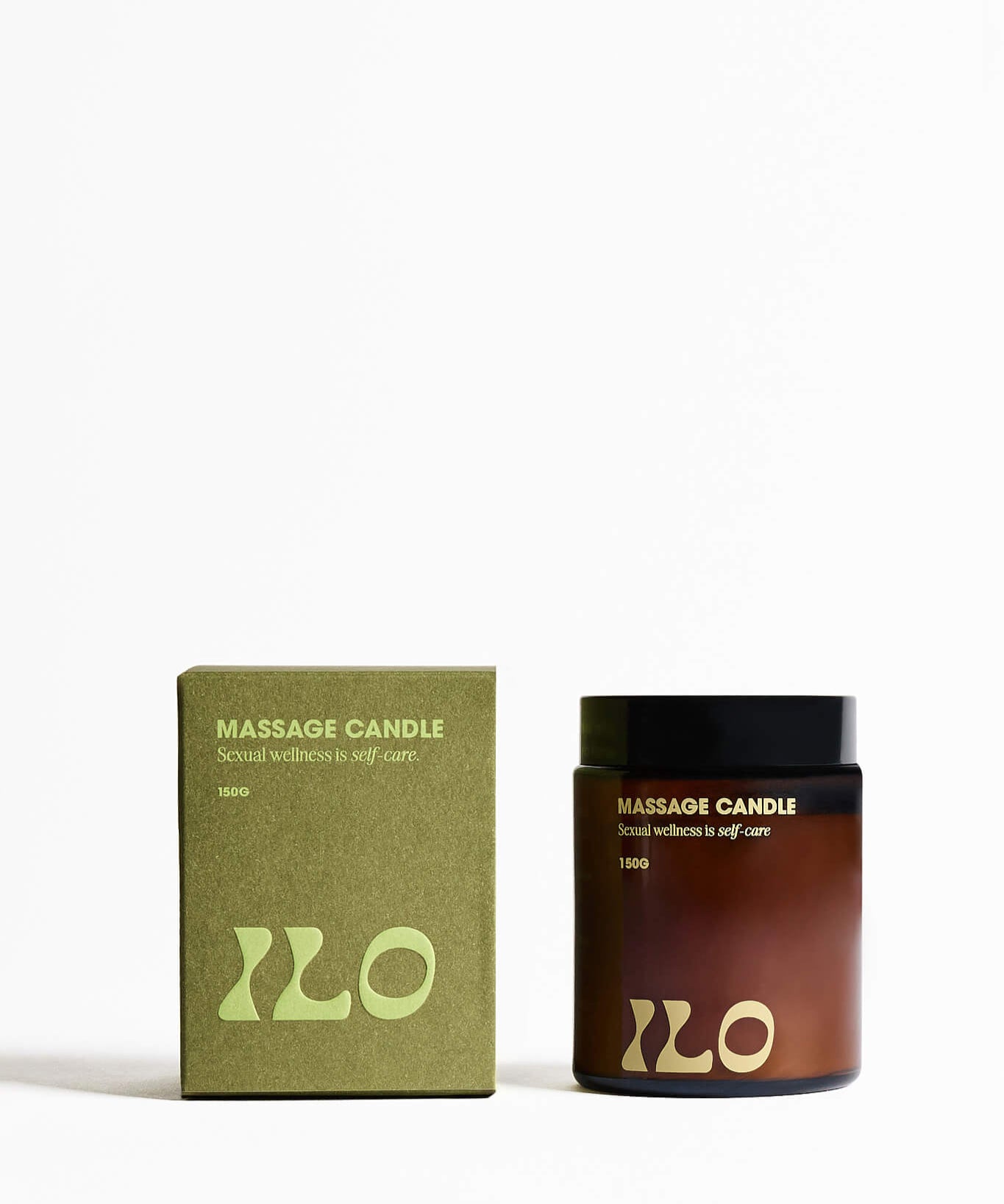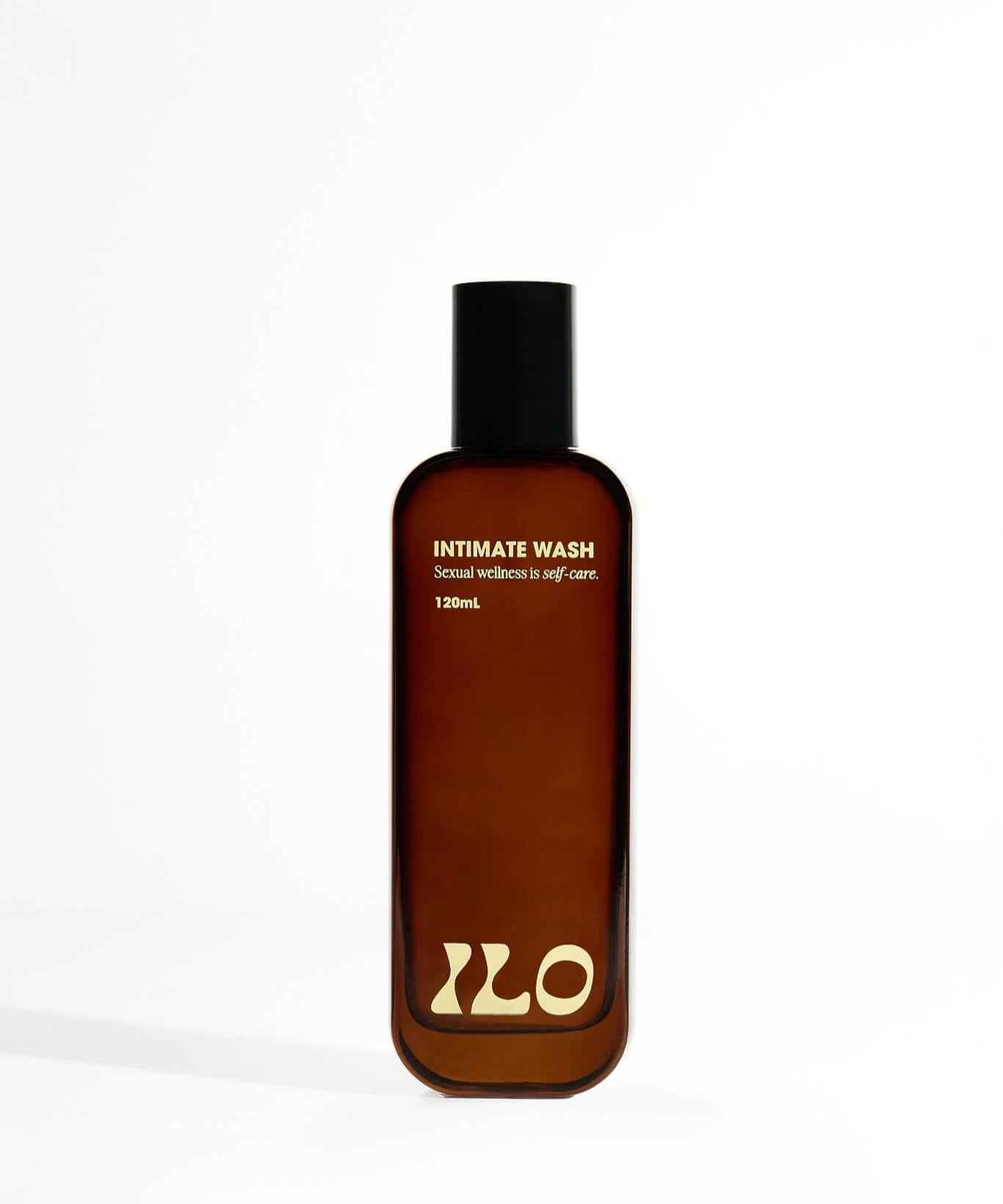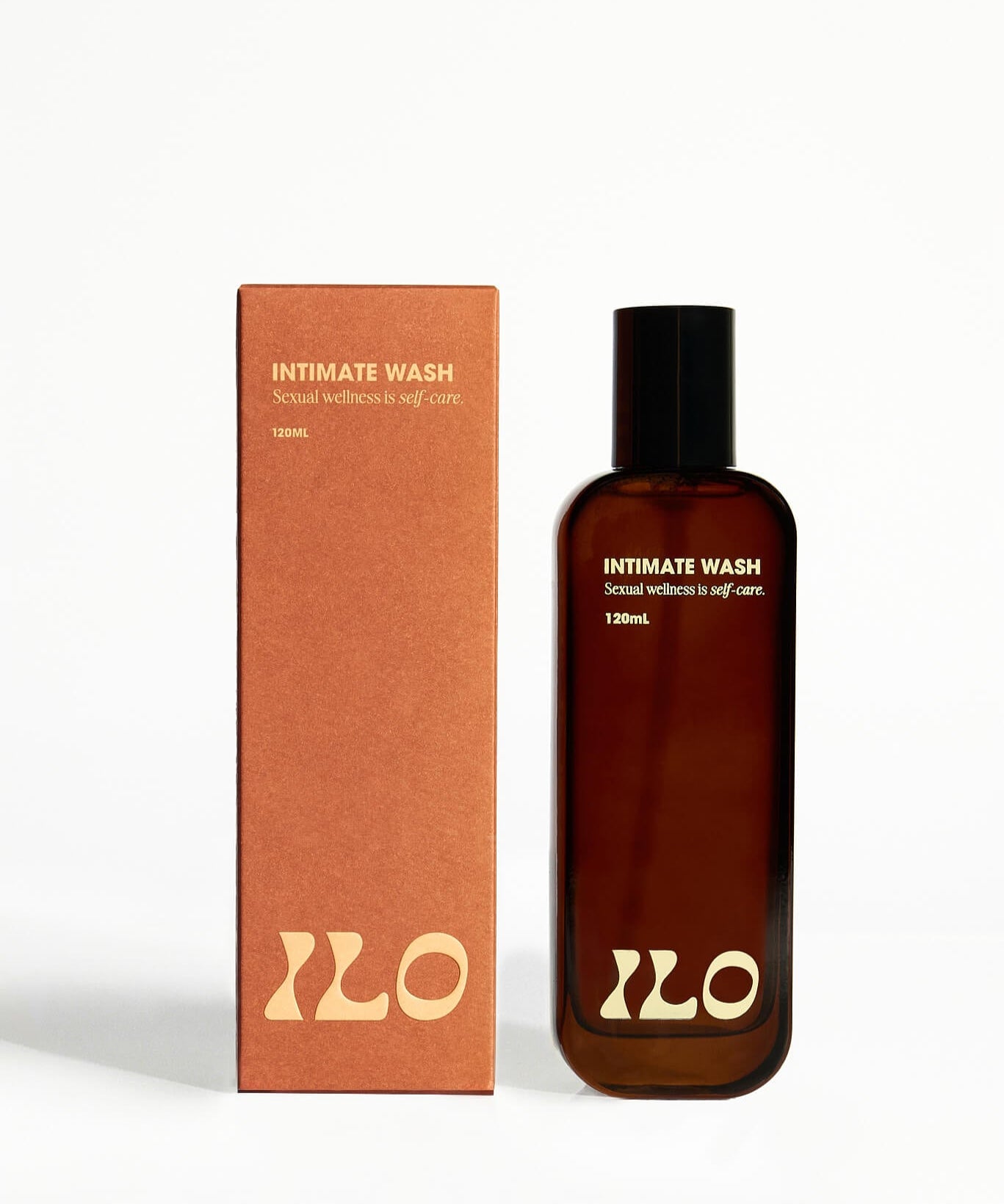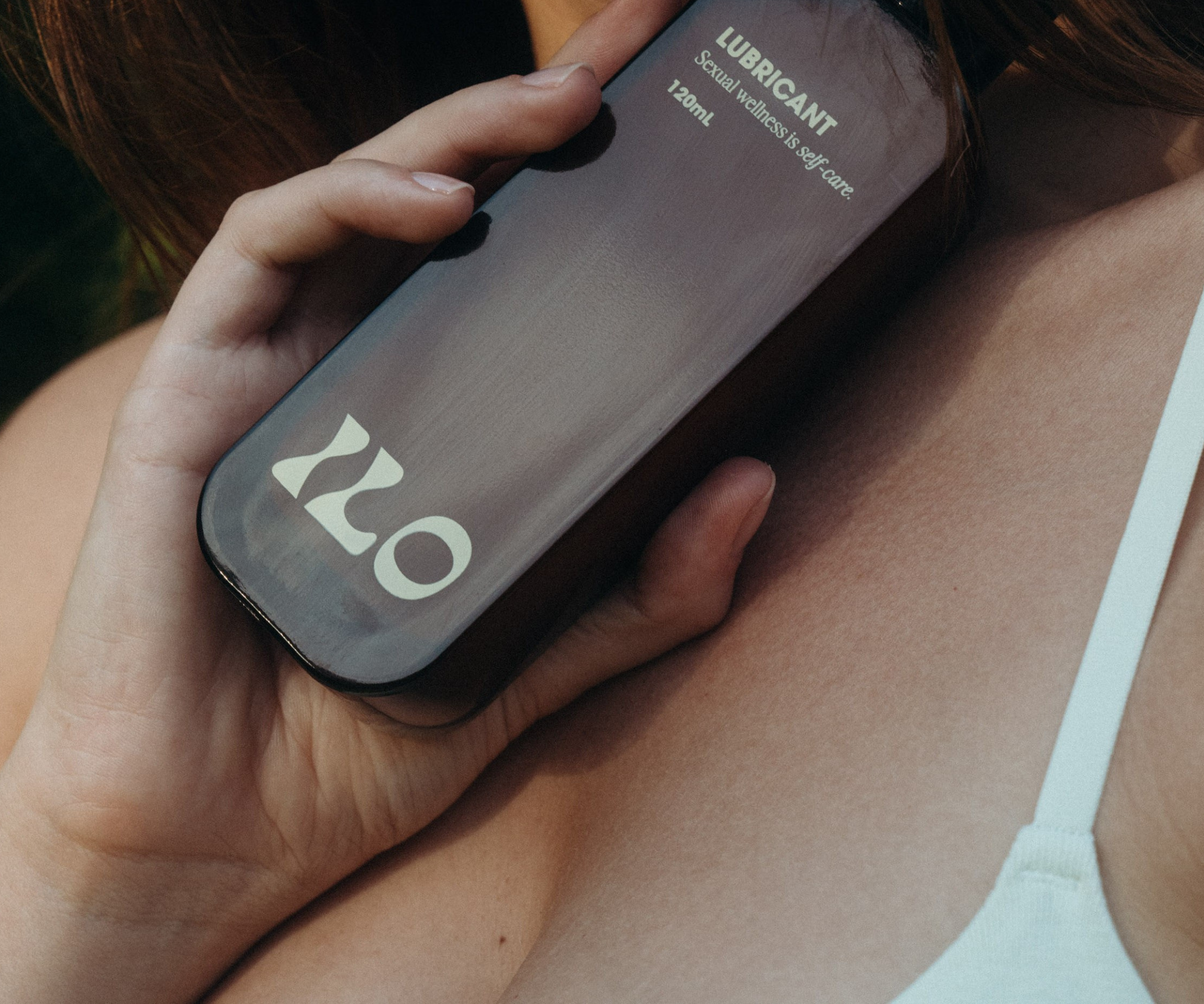Vaginal Dryness, Emotional Distance & Postpartum Sex: The Unspoken Truths
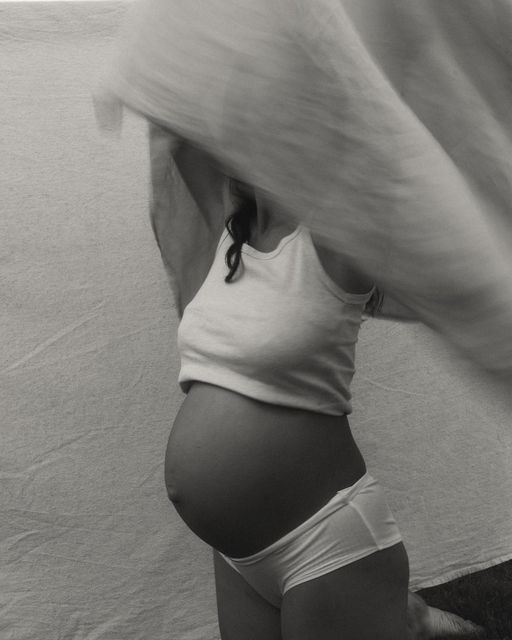
Pregnancy and childbirth bring incredible changes to the body and mind—some expected, some rarely talked about. While there’s growing awareness around physical postpartum recovery, what’s often still missing from the conversation is how intimacy, sex, and connection can shift—both physically and emotionally.
Whether you had a vaginal birth or a C-section, hormonal fluctuations can affect vaginal tissue, elasticity, and natural lubrication. On top of that, emotional shifts—like feeling disconnected from your partner, a lack of desire, or lingering birth trauma—can make intimacy feel overwhelming or even off the table.
If you’re experiencing vaginal dryness, discomfort, or emotional distance after birth, you’re not alone. These changes are incredibly common, and more importantly, completely normal. The good news? With time, understanding, and a little support—like using a quality, pH-balanced personal lubricant—you can begin to feel more comfortable, connected, and confident when you’re ready to be intimate again.
Why the Vagina Changes After Birth
During pregnancy, increased blood flow and hormones keep vaginal tissues plump, elastic, and well-lubricated. But after birth, estrogen levels drop sharply, leading to thinner, drier vaginal walls. This can cause discomfort, irritation, and even pain during penetrative sex. Regardless of your birth experience, hormonal changes still impact vaginal tissue, making lubrication an essential part of postpartum comfort.
Breastfeeding & Vaginal Dryness: The Prolactin Effect
If you’re breastfeeding, you may notice vaginal dryness that lingers beyond the initial postpartum period. That’s because breastfeeding increases prolactin—the hormone responsible for milk production.
While prolactin helps nourish your baby, it also suppresses estrogen, leading to:
-
Decreased natural lubrication
-
Thinner, more sensitive vaginal tissue
-
Potential discomfort during penetration
This is why many breastfeeding parents find sex feels different, drier, or even painful—but using a hydrating, pH-balanced lubricant can help restore comfort and pleasure.
Emotional & Psychological Impact on Postpartum Intimacy
Beyond the physical changes, many women experience a complex emotional and psychological shift after birth that deeply impacts intimacy. For some, birth can be traumatic—whether due to unexpected complications, pain, or feeling unsupported. This trauma doesn’t just disappear at the 6-week mark. In fact, many women still feel the weight of that experience up to 6 months postpartum or longer.
Add to that the intense hormonal rollercoaster. Around 8–12 weeks postpartum, oxytocin levels begin to taper off, and for many women, the emotional bond with their partner may feel strained. Some report feeling like their “sex drive” is coming back after 3 months, but that they’re not “attracted” to their partner the same way as before. These feelings can be confusing and confronting, and they’re often whispered about in private rather than talked about openly.
The truth is, postpartum isn’t just a physical recovery—it’s an emotional one too. Women are often emotionally wired toward their baby first, especially if they’re breastfeeding, running on broken sleep, and constantly in ‘provider mode.’ Their body and mind are in overdrive caring for their child, and intimacy with a partner can take a back seat.
For many, genuine desire or connection doesn’t begin to resurface until 12–18 months postpartum—and even then, it can be limited or take on a different meaning. Sometimes the idea of sex feels more functional than pleasurable, tied to thoughts of future children rather than sensual connection.
And that’s okay. This period is one of immense change. Being gentle with yourself, having open conversations with your partner, and allowing time and space to emotionally reconnect is just as important as the physical healing.
When Can You Have Sex Again?
Your doctor will give you specific guidance on when it’s physically safe to have penetrative sex again—usually around 6 weeks postpartum. But just because you’ve hit the medical “all clear” doesn’t mean you have to rush.
Your comfort matters most.
Even after getting the go-ahead, it’s important to listen to your body. Only engage in intimacy when you feel physically and emotionally ready.
Why a pH-Balanced Lubricant is a Must
Postpartum vaginal tissue is more sensitive, which means using the right lubricant is key. Most supermarket and adult-shop lubricants contain harsh chemicals, glycerin, or artificial fragrances that can disrupt vaginal pH and lead to irritation or infections.
That’s why I recommend Ilo Wellness' Water-Based Lubricant—a gentle, plant-based formula designed for delicate areas. It’s made in Margaret River, Western Australia, using 100% natural ingredients, and it’s:
-
pH-balanced
-
BV-friendly
-
Hydrating & nourishing
-
Free from synthetic fragrances & harsh chemicals
Takeaway: Prioritise Your Pleasure & Comfort
Postpartum intimacy looks different for everyone. Your body has been through so much, and it’s okay if sex feels different or takes time to feel good again. The key is to go at your own pace, use plenty of lubrication, and prioritise your comfort every step of the way.




